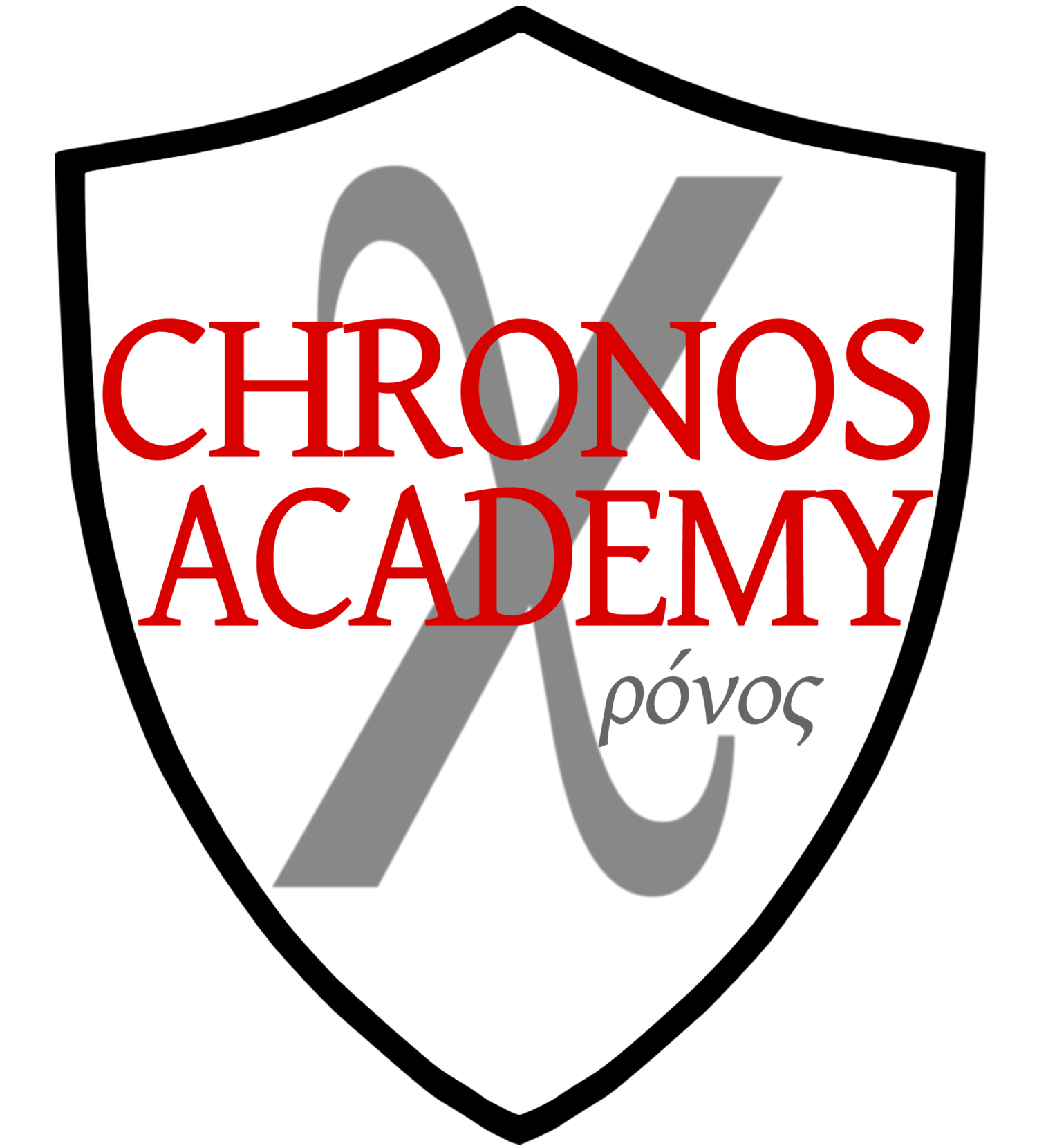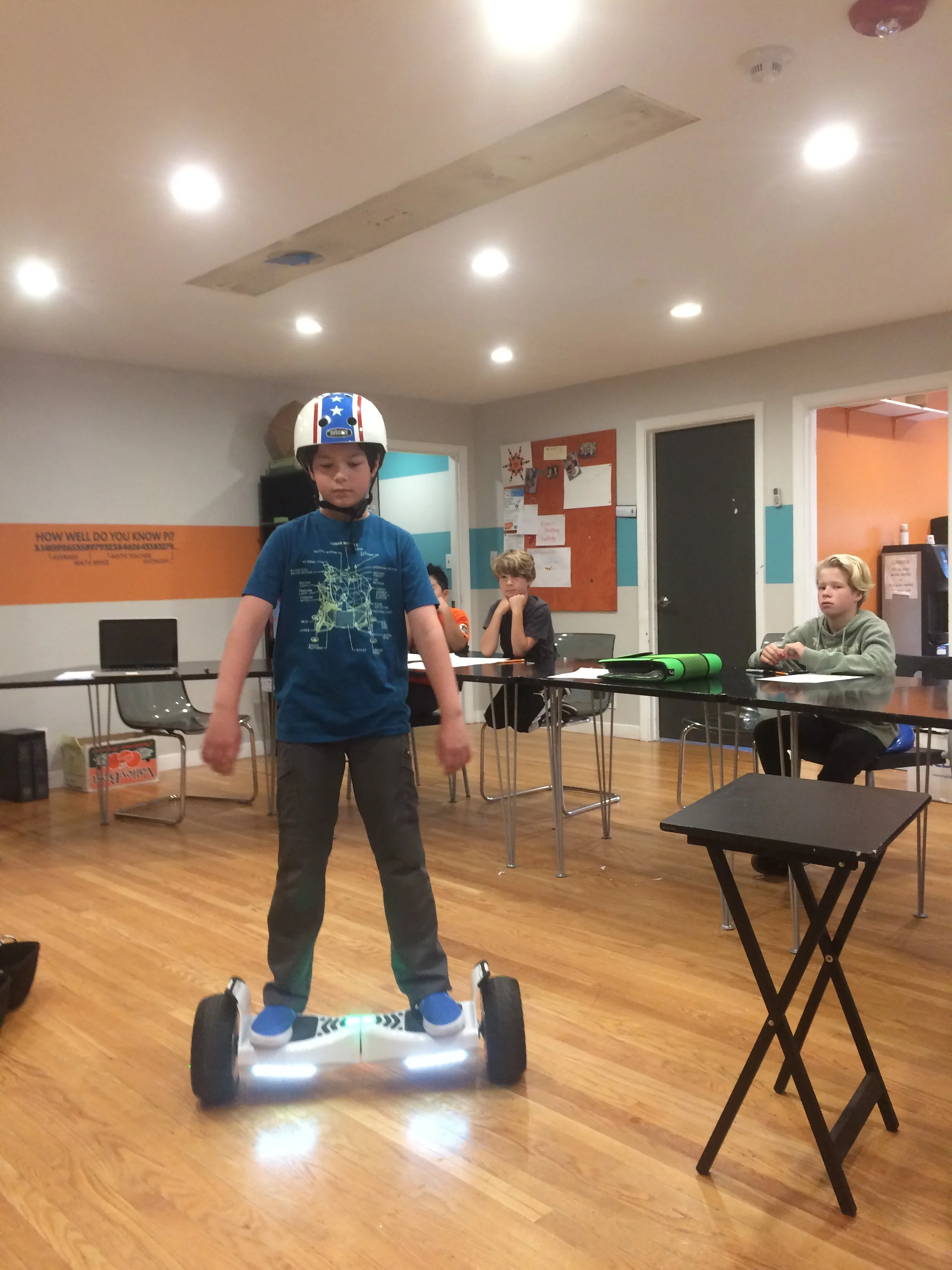Middle Ages Week 5
/Thursday Cohorts
Grammarians
PreK-4th graders
History: Memorize “Mohammad of Mecca proclaimed Allah the only God then fled to Medina for his life. He returned to Mecca with his followers and established a theocracy. His followers recorded his sayings and laws in the Koran and the Hadith.”
Learn about The Life of Muhammad.
Read The Story of the World, Vol. 2, Chapter 6 and do the activities in the Activity Guide.
Geography: Draw Africa and label the Central African countries: Chad, Central African Republic, Cameroon, Equatorial Guinea, São Tomé and Príncipe, Gabon, Republic of the Congo, Democratic Republic of the Congo, Angola
Practice memorizing the countries with this game!
Science: Memorize Light is produced when charged particles, electrons and protons, change direction or speed. The greater the change, the stronger the light.
Math: Memorize The sum of an arithmetic series is the average of the first and the last terms times the number of terms n(a1+an)/2
Investigate arithmetic series and sequences here.
Greek: Practice some Greek adjectives:
ἀγαθός good (moral)
ἄλλος other
ἔσχατος last
κακός bad
καλός good
δίκαιος righteous
νεκρός dead
δεύτερος second
ὁ Φαρισαῖος the Pharisee
ἀποστέλλω I send
English: An interjection is a short, sudden expression of emotion that is not grammatically related to the rest of the sentence.
Investigate Interjections on Grammar Revolution.
Presentation: Prepare a presentation on one of these activities or another topic you’ve been learning and share with the class next week!
Writing Club (3-4th)
“Medieval History-Based Writing Lessons”: Complete Unit One, Lesson 5.
Diagram Week 5 sentences.
Lower Dialecticians (5-6h grades)
Writing & Literature: Do a key word outline, first draft, edits & final draft comparing the story of Abraham & Isaac from the Quran Sura 37:99-113 and Genesis 22:1-19. (We started a key word outline in class.)
Presentation: Research and prepare a notecard keyword outline for your presentation this week. Don’t write it out word for word, and do bring a notecard of your key word outline - you’ll forget what you learned! Here are the topics you picked in class:
Sabine - Art - Islamic mosaics
Gino - Muhammad.
Catalina - Choose any topic or continue Yang Chien & Sui Dynasty from last week
Jocelyn - Science - Sonduk
Cooper - Choose any topic or continue Outlaws of the Marsh
Henry - Islam
Phoebe - Math - Mayan mathematics; Maya Mathematical System - Maya World Studies Center; Maya mathematics; Mayan mathematics references; Mayan Mathematics - The Story of Mathematics
History: Memorize “Mohammad of Mecca proclaimed Allah the only God then fled to Medina for his life. He returned to Mecca with his followers and established a theocracy. His followers recorded his sayings and laws in the Koran and the Hadith.”
Learn about The Life of Muhammad.
Learn with your ears on 15 Minute History.
Geography: Draw Africa and label the North & Western African countries from memory.
Northern Africa: Sudan, Egypt, Libya, Tunisia, Algeria, Morocco,
Western Africa: Western Sahara, Cape Verde, Mauritania, Senegal, The Gambia, Guinea-Bissau, Guinea, Sierra Leone, Liberia, Cote d'Ivoire, Ghana, Togo, Benin, Nigeria, Burkina Faso, Mali, Niger,
Central Africa: Chad, Central African Republic, Cameroon, Equatorial Guinea, São Tomé and Príncipe, Gabon, Republic of the Congo, Democratic Republic of the Congo, Angola
Practice memorizing the countries with this game.
Math: Finish the worksheet on the associative property. Do grade level math on Khan Academy or in your own curriculum.
Investigate arithmetic series and sequences here.
English: Do Question confirmation & label each word in the sentence, state structure, purpose & patterns for each and diagram Week 4 sentences:
1. Bantu inhabit Africa!
2. The Dark Ages open the Archaic Period!
3. Phoenicians settle Carthage!
4. Homer writes the Iliad and the Odyssey!
5. Etruscans inhabit the Alps!
6. Assurbanipal collected cuneiform texts!
7. Mohammed founded Islam.
8. Charged particles produce light!
9. Students average numbers!
Greek: Complete lesson 5 in your workbook.
Upper Dialecticians7th-9th Graders
From our session Thursday 9/28/17 - Carefully read the WHOLE list, then get started.
Geography: Draw and label the countries of North, West & Central Africa:
Northern Africa: Sudan, Egypt, Libya, Tunisia, Algeria, Morocco,
Western Africa: Western Sahara, Cape Verde, Mauritania, Senegal, The Gambia, Guinea-Bissau, Guinea, Sierra Leone, Liberia, Cote d'Ivoire, Ghana, Togo, Benin, Nigeria, Burkina Faso, Mali, Niger,
Central Africa: Chad, Central African Republic, Cameroon, Equatorial Guinea, São Tomé and Príncipe, Gabon, Republic of the Congo, Democratic Republic of the Congo, Angola
Practice memorizing the countries with this game!
History: Memorize “Mohammad of Mecca proclaimed Allah the only God then fled to Medina for his life. He returned to Mecca with his followers and established a theocracy. His followers recorded his sayings and laws in the Koran and the Hadith.”
Learn about The Life of Muhammad.
Learn with your ears on 15 Minute History.
Literature - Reread the Quran Sura 37:99-113 and Genesis 22:1-19. Compare the two accounts in detail.
Philosophy - Learn about the philosophy of Muhammad.
Math - Read about the Mayans and their special character for zero (hint: it’s a shell). Be sure to click all the links to other pages at the bottom. Who know what you’ll grow to understand!
Uncover why zero to the zero power is one!
Khan Academy, Upper Dialecticians (7th-9th grades) master the Arithmetic subject, THEN start mastering Pre-Algebra OR Geometry, your choice!
Science - Learn about Sonduk.
Diagramming: Do Question confirmation & label each word in the sentence, state structure, purpose & patterns for each, and diagram the (Simple S-Vt-DO) sentences below and for a challenge, diagram the history sentences above
1. Bantu inhabit Africa!
2. The Dark Ages open the Archaic Period!
3. Phoenicians settle Carthage!
4. Homer writes the Iliad and the Odyssey!
5. Etruscans inhabit the Alps!
6. Assurbanipal collected cuneiform texts!
7. Mohammed founded Islam.
8. Charged particles produce light!
9. Students average numbers!
Tuesday classes
Book Club: Read at least 20 pages in your Medieval library book, annotate on sticky notes as you read, then make notes in your Book Club journal (title, author, copyright date, main characters, plot summary & new vocabulary) and be ready to present on what you’ve read so far. Tell us how one of the characters in your book is similar to a character in White Stag or Beowulf.
MAKE: History: We’ll read Story of the World chapter 6 in class and make mosaic tessellations.
Drawing out Arithmetic: In class we’ll construct Euclid’s Elements Proposition 4.3
Greek: Complete & study lesson 5 for our quiz! We’ll start Greek Workbook Lesson 6.
Wednesday classes
Make Science: In class we’ll study the light spectrum of astronomical objects!
Math Club: Investigate Arithmetic Series.
Art Appreciation: Paint mosaics from Tuesday
Writing Club:
Upper Dialecticians (7-9) and Lower Dialecticians (5-6)
IEW Medieval History-Based Writing Lessons: Complete Lesson 6, Unit 3. Read “The Introduction”.
Familiarize yourself with the contents of the book. Read “The Assignment” on page 44 . Complete page 47 then write your first draft from your Story Sequence Chart on page 46. For your FINAL draft use Modified MLA format (see Appendix 1).
Use the checklist on page 49 to be sure you have included every element required this week. There are 2 elements per paragraph this week! Practice vocabulary from Lessons 1-5 and see if you can include some vocabulary words in your paragraph!
Fix it! Grammar: Complete Week 5 in your book and copy the corrected paragraph into your notebook. Review the Grammar Cards in the back of your notebook. Review page 1in preparation for week 6!
Upper Grammarians (3-4): IEW Medieval History-Based Writing Lessons: Complete Lesson 5. Read “The Assignment” page 37. Complete pages 40, then write your paragraph from your Key Word Outline.. For your FINAL draft use Modified MLA format (see Appendix 1) Use the checklist on page 41 to be sure you have included every element required this week.
Practice vocabulary from Lessons 1-4.
Fix it! Grammar: Complete Week 5 in your book. Copy the corrected paragraph into your notebook. Review the Grammar Cards in the back of your notebook. Review page 1 in preparation for week 6!

















